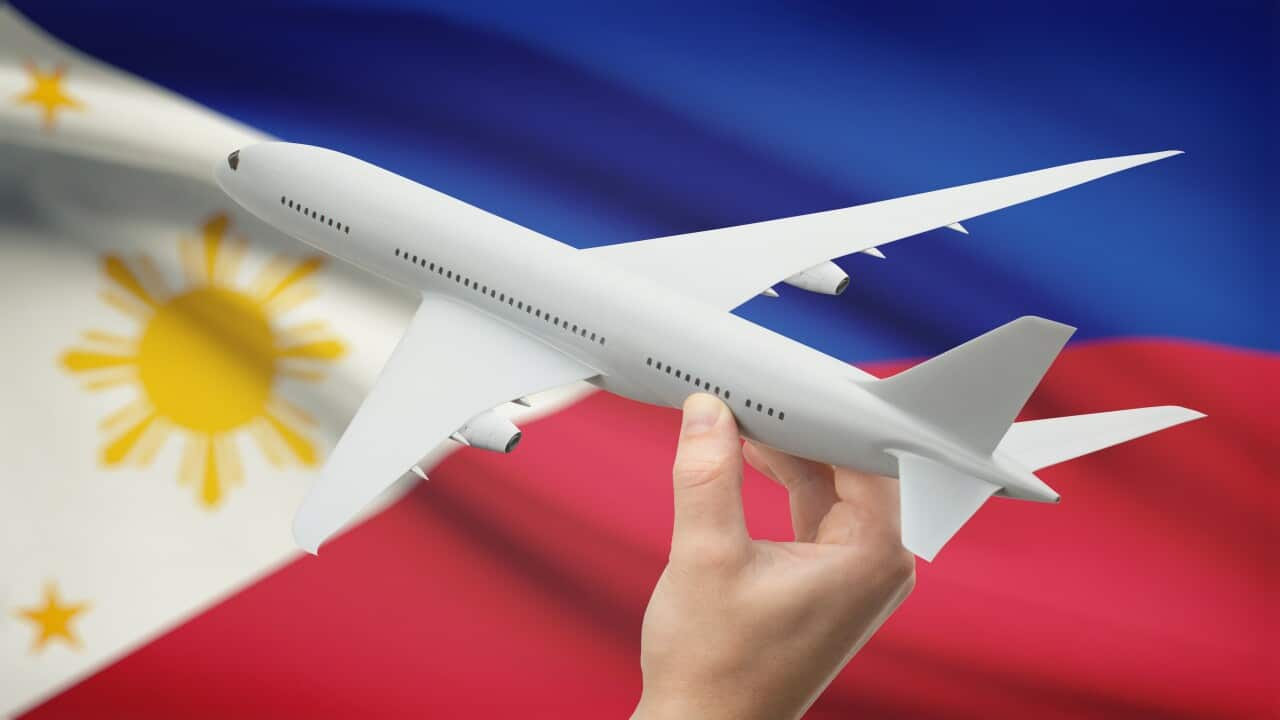Philippine President Rodrigo Duterte on Thursday announced a suspension on domestic land, sea and air travel to and from Metro Manila, as well as community quarantine over concerns about the coronavirus (COVID-19) outbreak.
Restrictions at the country’s capital is happening on March 15. Yet people and business are grasping for clues on how to manage their operations and daily routines.
Here's what we know so far.
WORK
National Capital Region (NCR) is home to more than 12 million Filipinos in 16 cities and a municipality, and account for 36% of the country’s economic output as of 2018.
Trade Secretary Ramon Lopez explained that workers from the provinces will continue to be permitted, provided they can present an ID or proof of working at check points to be installed on key entry points to the Metro. Access goes both ways to all workers travelling outside NCR to work. Flexible working arrangements like working from home is encouraged in private sector.
TRAVEL
Philippines travel ban that previously covered only mainland China and South Korea's North Gyeongsang province has expanded.
In the new travel ban announcement by the President, all those who come from countries with local transmissions of the virus will not be allowed entry into the Philippines, except Filipino citizens, their foreign spouse and children, permanent residents and holders of diplomatic visas.
DILG spokesperson Usec. Jonanathan Malaya clarified that Filipinos who live overseas and have a trip to Manila within the confinement period can still go if there’s no travel restrictions to their country of origin. However, travelers can only go to Metro Manila. Those who live in the provinces will not be allowed to exit the city until April 14.
Alternative is not to fly to NAIA and instead fly to Clark or other international airports in the country.
TRANSPORTATION
Malaya says “theoretically”, private vehicles will be checked one by one to see if access in and out of Metro Manila will be allowed. Police will have to board buses one by one to check on passengers if they too will be allowed
Mass public transport ( Buses, LRT, MRT and the Philippine National Railways) will continue operations, but the Transportation Department was tasked to issue social distancing guidelines to prevent the spread of diseases.
SUPPLIES
Agriculture Secretary William Dar said that there’s enough food supply in Metro Manila, as he assured that the flow of goods will remain unchanged even when the lockdown is implemented. He said rice stocks stored in the warehouses of the National Food Authority are good for at least 80 days.
Authorities appealed to the public not to resort to panic-buying, as products can be easily replenished by manufacturers. A price freeze on key items such as face masks, alcohol, and food items are also in place.
The President assured to issue an executive order to provide an enforceable basis for the IATF's resolution. He stressed that this move is not equivalent to martial law.
Other containment measures include bans on mass gatherings, a month of school closures, and arrest of persons who will defy government orders.
Along with the PNP, Duterte will also tap the Armed Forces of the Philippines to “ensure effective and orderly implementation” of the said measure. The government will evaluate the need to cut or extend the lockdown in Metro Manila on a daily basis.
Other exceptions to the community quarantine will be fleshed out over the weekend.
Share
